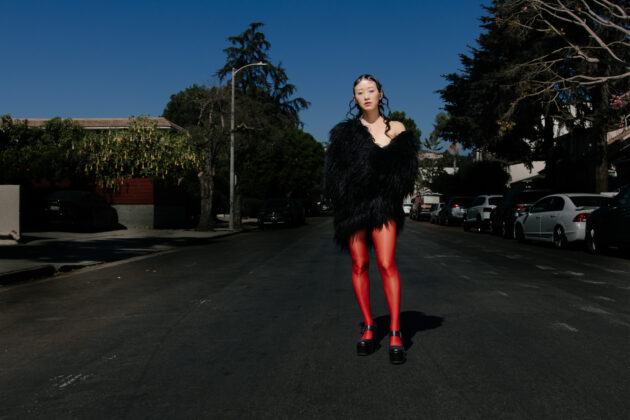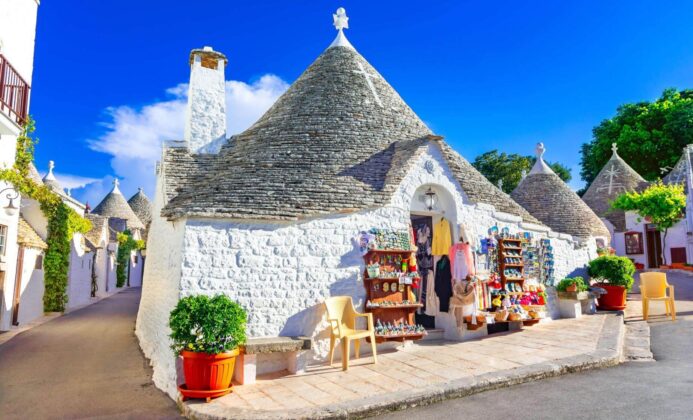Wilson Cruz is an actor’s actor. In the ‘90’s, he burst onto the scene starring as Rickie Vasquez in My So-Called Life. As the first actor on network primetime television to play an openly gay teenager, Cruz earned critical acclaim and quickly became a role model for the LGBTQ community.
He went on to play characters in many of our favorite shows, as well as some extraordinary films. Party of Five, He’s Just Not That Into You, Shameless and After Louie are just a few of Cruz’s standout performances over the years that solidified him to be known as the talent he is.
In the course of 25 years, Wilson Cruz has managed to play three different revolutionary characters, each changing the landscape of how we view popular television. Whether it was My So-Called Life, Ally McBeal, or his current role on Star Trek: Discovery, Cruz continues to break down barriers and reshape the entertainment industry one character at a time.
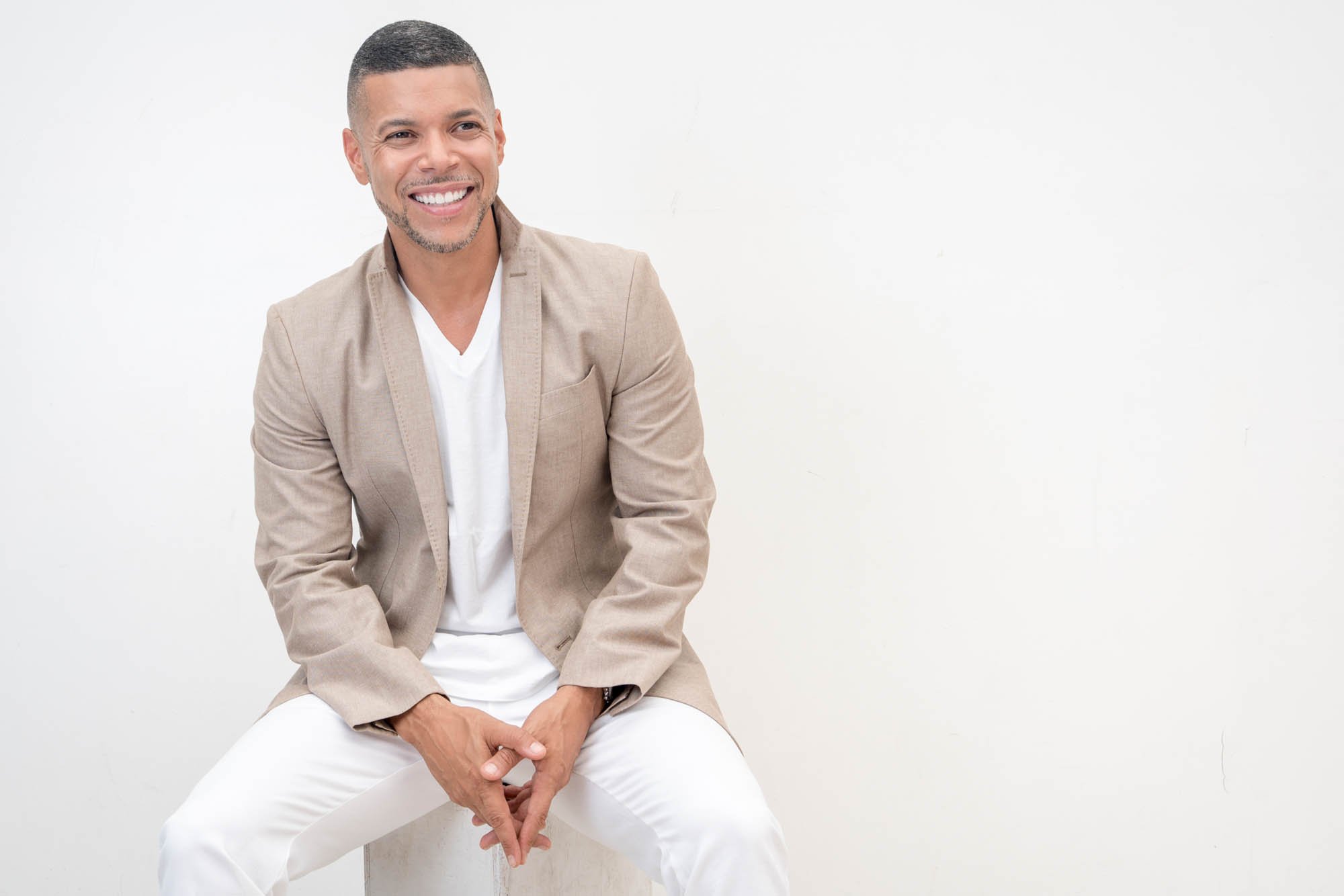
Sari Cohen: Early on, was there a person or a performance that made you fall in love with acting?
Wilson Cruz: The first three people that come to mind are Raul Julia, who was a Puerto Rican icon; Rita Moreno, I have been obsessed with her since West Side Story, and Harvey Fierstein. Fierstein was the only person I knew who was boldly gay at the time I was a teenager. He was making waves and using his art to tell the story of LGBT people. For me, they represented people who completely embraced themselves and made no apologies for who they were. If anything they celebrated it, and I wanted to do that.
Sari: Let’s go back to My So-Called Life. Can you recall the moment when you first got the news that you booked that role?
WC: It’s as if it were yesterday. It was like a month-long process after all the auditions. I was with my friend. I got the call and we lost our minds. I wanted really it badly. I worked really hard on getting it. I was never thinking about preparing myself for not getting it. It just felt like it had been written for me. It was one of the only times in my career that I thought, I know who this person is so much that no one else should really play them.
Sari: How did playing that character actually change your life after you booked the role?
WC: It was catharsis. I was freshly out of my high school experience, I was 19 years old. This was 1993 and I hadn’t really dealt with my sexuality. I think the first thing I needed to do was come to terms with where I was and what I had gone through. That series really allowed me to walk through that experience again, in a really healthy way. In the episode where the character got thrown out of his house, it allowed me to deal with the feelings about that and to reconcile with my dad. Once it aired, he was able to watch it and understand what had happened and how it had made me. It gave us a place to start over. So, it changed my real life and it gave me a career. It also changed my life in terms of my family and my friends. I got to step into my own skin in and accept and love myself for who I was for the first time. In many ways, my life didn’t really start until My So-Called Life came along.
Sari: Since that time, what have been the biggest obstacles in your career and what has motivated you to keep going?
WC: Having been the first openly gay actor to play an openly gay series regular on TV, I didn’t really have a path to follow. I had to blaze my own trail and I didn’t really know exactly how to maneuver that at 19 or 20 years old. But I had a lot of faith. I felt like I had something to give, something to share. In hindsight, it was probably easier for the networks to go another way so they wouldn’t have to deal with the questions. At the same time, it was an exciting time because there were a lot of creative people who wanted to tell the story of the LGBT movement. And here I was giving them the opportunity to do that, because there was someone who was willing to tell that story.
I think the other obstacle is the same as any other actor: to continue to work and to make a living doing what you love. As a person of color, there are fewer opportunities. As an LGBT person, there are fewer opportunities. My job was to go in there and convince them that this person didn’t necessarily have to be white or straight. That became my life. I’m still doing that.
Sari: Out of all of your TV performances, do you have a favorite role that really sticks with you? Or a character that you identify the most with that left the audience with an important lesson?
WC: The episode of Ally McBeal. When I look back at it now it’s not perfect, but at the time it was dealing with trans-issues. This character was in a lot of trouble and needed someone to give her a chance. Playing that character was important for me. It couldn’t have been further from who I really am, so I think in that way it was a lot of fun. I also think about the guest spot that I did on the West Wing, which was my all-time favorite show. I got to work with Allison Janney and that was amazing. I did this show on TNT called Raising the Bar, where I played this great character that I really loved. I loved his relationship on that show. There were a lot. I was in the series finale of Pushing Daisies, which the producers of that show, Aaron and Gretchen, are now the producers of Star Trek. They allowed me to really create this larger than life character in the series finale. It’s the reason why I have the job on Star Trek now.
I THINK THE OTHER OBSTACLE IS THE SAME AS ANY OTHER ACTOR: TO CONTINUE TO WORK AND TO MAKE A LIVING DOING WHAT YOU LOVE. AS A PERSON OF COLOR, THERE ARE FEWER OPPORTUNITIES.
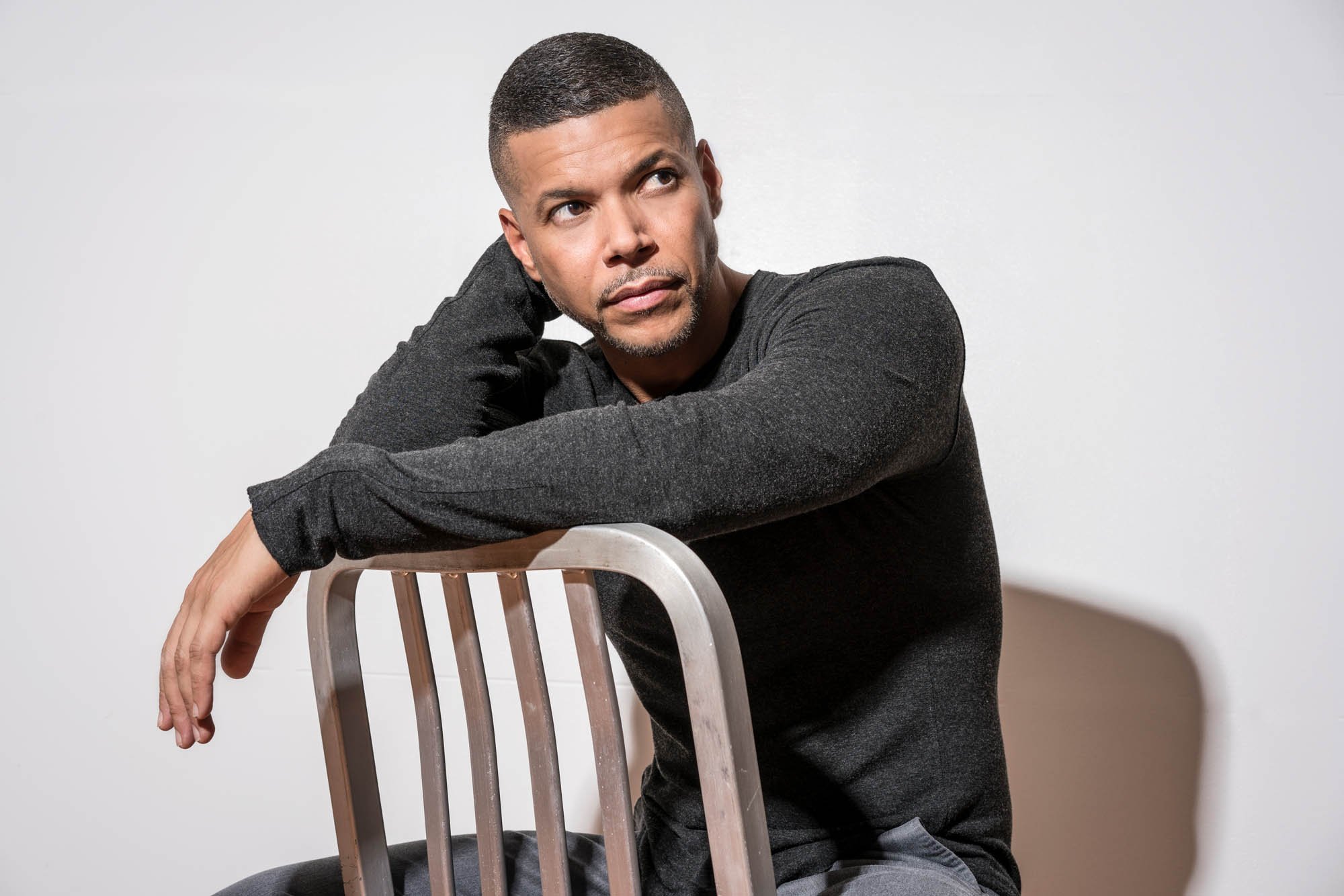
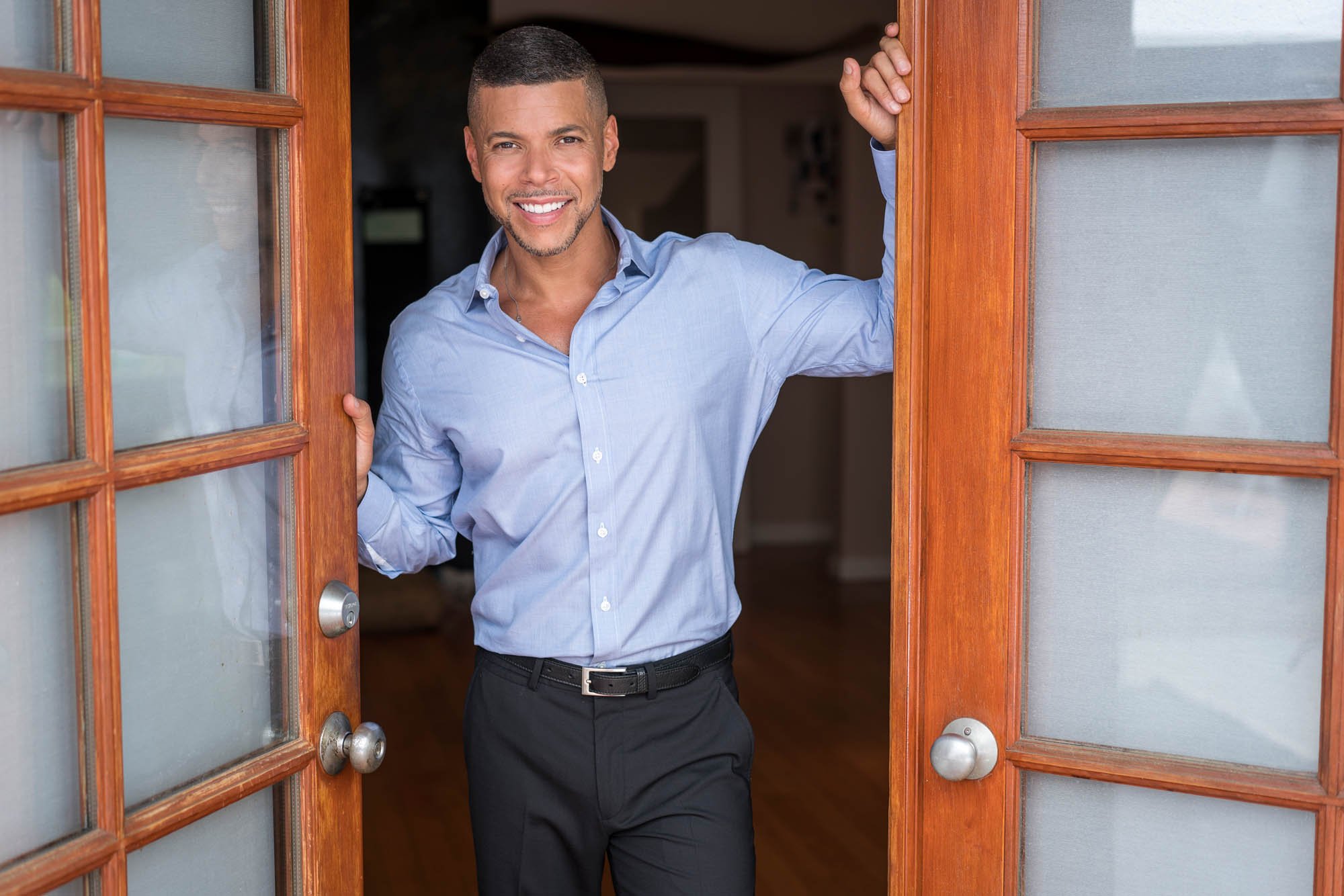
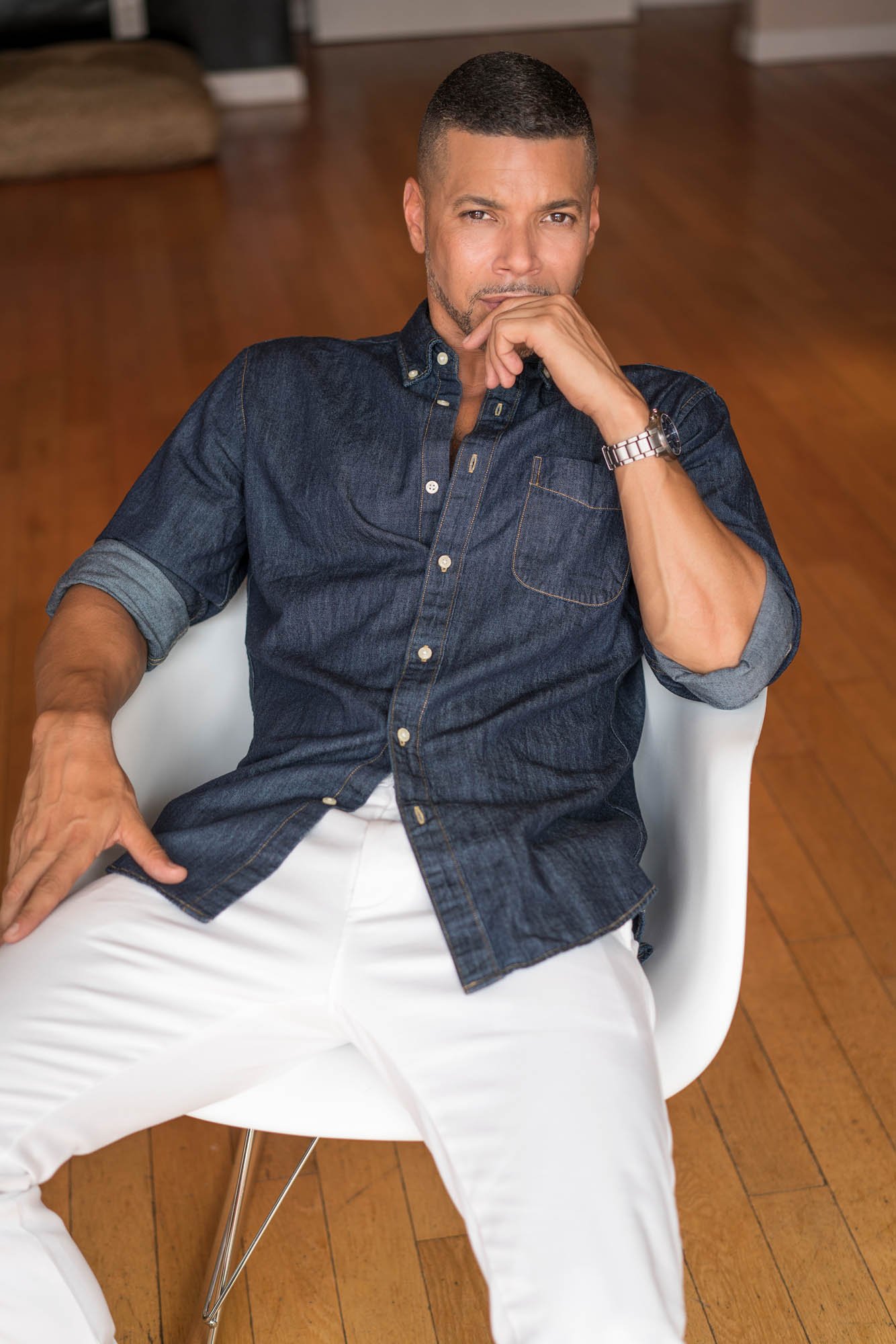
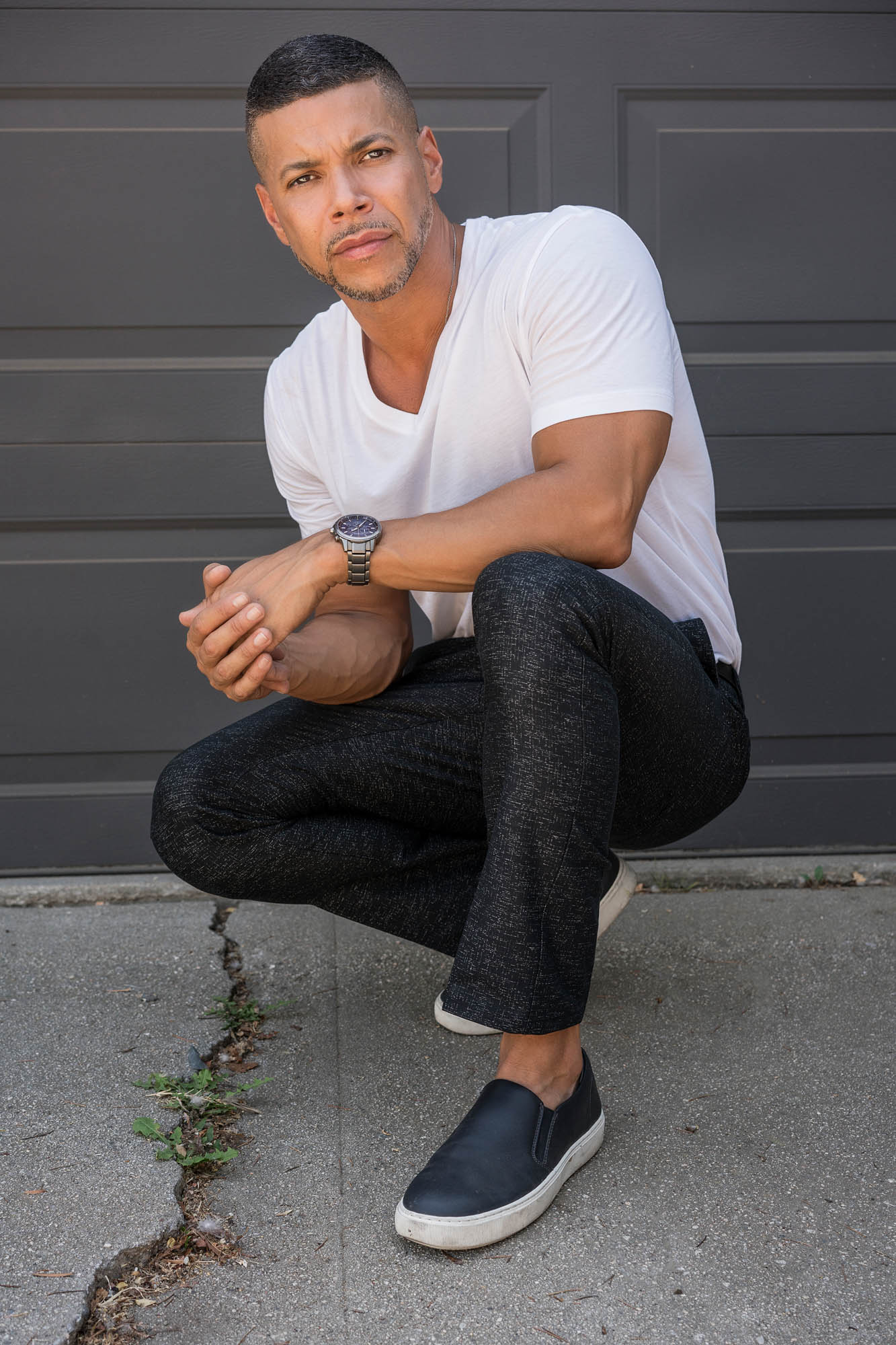
Sari: Yes, let’s talk about Star Trek. You have played some revolutionary characters. How does it feel to play one of the first gay characters in the Star Trek franchise?
WC: It’s surreal. I was a huge Trekkie. I saw myself on a Star Trek show. I felt that was a future in which someone like me could be a part of. I could be a person of color, I could be a gay man, because in the future none of that would matter. I could imagine a time where I could be on Star Trek, where I could be given that opportunity. To do it with one of my oldest friends who I did Rent with, Anthony Rapp, is surreal. I’m really proud of the work I’ve been able to do on it, and I’m really looking forward to people seeing that as it progresses.
Sari: I do want to touch a little bit on 13 Reasons Why. Being that your first experience was with a teen drama television series in the ‘90’s, what would you say are the biggest differences in the generations and how that’s being portrayed on screen today?
WC: I don’t know that on My So-Called Life we would have been able to deal with the very serious subject matter that 13 Reasons Why does tackle. Issues like suicide, sexual assault, rape and any number of things that are coming up in the second season that I shouldn’t give away. In that way, I think they’re different. I do think that the writing staff has gained a lot of inspiration from My So-Called Life. I like to think that the show is an extension of where My So-Called Life left off and I think they’re doing an amazing job.
I think the place where they overlap is that they both enjoy very talented casts. I think this cast of young people on 13 Reasons Why are the ones to watch. They are our future Golden Globe and Oscar winners. I’m really proud to be a part of this. I think it’s led to important conversations between parents, teachers, students and children, and helped create a dialogue around issues that are necessary.
Sari: As an actor, when it comes to developing any role you’re doing, how do you channel each character’s unique style?
WC: It’s an accumulation of little things that happen throughout the beginning stages of when I start working. A lot of it comes from what’s written down, a lot of it, I find, is with the director, but there’s also so much that can be mined from a great costume designer. A costume makes you stand a certain way, makes you feel, and it helps you create something from the outside in. I do a lot of work before I even get on set, creating specific things about my character’s life. Somehow it all works. A lot of it is about trust, though. If there’s one thing I’ve learned in the last 25 years, it’s that I can only take responsibility for so much. It’s a team effort on so many levels and a lot of it is about trusting your team.
Sari: What else is in store for your future?
WC: I don’t know. I have always left myself open to the opportunities the Universe presents to me. It’s about remaining open and taking risks. I know that in the future, there are certain things that I want to produce, that I want to make happen. I’m in the middle of producing a documentary series that I’ve been working on for years about the history of LGBT images on television called Out of the Box. So, we’re in the midst of putting that together for people. Hopefully it will be available around 2019. I think it’s an important subject for us to delve into: how we got to this place in terms of LGBT characters and where we go from here. So, I’m excited about people seeing that.
Sari Cohen
Production: INLOVE Media & Production


